In this month’s regular column from CEJA (European Council of Young Farmers), we interview President Alan Jagoe about a new CEJA document which highlights why young farmers are key in the future Common Agricultural Policy (CAP).
MF: Can you give us the background to the development of the new document?
AJ: Our document ‘Young Farmers are key in the future CAP’ is built upon position papers where our members, young farmers from every corner of Europe, identified seven key areas for the next CAP. We spent 15 days at internal working groups and over 100 hours of direct and dedicated internal discussion involving stakeholders, other NGO’s, MEP’s and the European Commission’s Directorate General for Agriculture. As a result, I am confident that our document is balanced, targeted and ambitious for the next CAP. The CAP has been one of Europe’s success stories. It has helped so far, but it has not addressed the key area of generational renewal.
MF: What are the main issues of the CEJA document?
AJ: It focuses on three principal areas; generational renewal, progressive and proactive environmental measures and sustainable economic support. This will ultimately contribute to jobs, growth and investment in rural communities and make rural areas places where people will want to live and work.
MF: What are some of the key talking points?
AJ: The next CAP must first and foremost address the definition of active farmer. Young farmers throughout the EU are frustrated when they see financial support leaving the sector to inactive or armchair farmers. They are also frustrated at the way the CAP has led to land not being available for young farmers. We firmly believe that this CAP must be young farmer-proofed and that every measure must have a young farmer element - indeed a young farmer top-up - to help generational renewal. This will also help to protect the most vulnerable in the sector during the time when, as young farmers, we must invest heavily and are more financially exposed than our older counterparts.
MF: What is CEJA’s view on the definition of the term young farmer?
AJ: We are recommending that the current application of the young farmer definition must be changed to include support for all young farmers less than 40 years of age. We are also steadfast in our position that agricultural education and a Farm Business Development plan are necessary and are a requirement for every young farmer.
MF: What about the environmental role of young farmers?
AJ: Young farmers are the new environmentalists and as such are the custodians of the countryside. We want to see progressive and proactive environmental measures that can actually work for the environment and the farmer. With a combination of results and management-based measures, we can do a lot to improve biodiversity and ecosystems which will lead to increased sustainability. We must also acknowledge the principle of a ‘Europe of regions’ where a collective approach to delivering some environmental measures can be a progressive step forward. Measures should be introduced to enhance the production of renewable energies and energy efficiencies at farm level.
MF: Where does CEJA stand on the issue of income support?
AJ: The CAP has a major role in supporting farm incomes but must be reoriented to ensure the viability of EU family farms in all regions and territories. A combination of supports based on activity, hectares and coupled support for vulnerable sectors will ensure that agriculture will thrive in all areas and regions of the EU. There is no sector immune from volatility and we need the new CAP to help and protect farmers in times of crisis – no matter the cause. Financial instruments have a vital role to play here as well as new and novel risk management tools introduced to help protect farmers.
MF: Does this way of thinking also stretch to the health, safety and wellbeing of farmers?
AJ: Yes. To ensure this there must be a free, annual, mandatory, health and safety course for every active farmer including a health and wellbeing check-up.
MF: What else should be made available?
AJ: Access to knowledge transfer and advisory services must be made available to farmers in all areas including technical, economic, environmental and social awareness around issues such as succession. This leads me on to one of the biggest challenges facing farming today - land mobility.
MF: Why is land mobility such a problem?
AJ: To date it has nearly always been a requirement to own land in order to farm. We need to move away from a land ownership model to a land leasing model, allowing young farmers to either begin or grow their farm business to a sustainable level.
MF: What is CEJA calling for from the CAP budget?
AJ: Taking into consideration all our reasons, all our decisions and the needs of young farmers we have made an important call for the new and enlarged CAP budget to be distributed as follows:
- 20% to be allocated to various measures and instruments specifically targeted to Generational Renewal
- 50% to be allocated to Sustainable Economic Support
- 30% to be allocated to Proactive and progressive environmental measures
We look forward to seeing how things develop.
If you would like to contact Alan Jagoe, email allusers@ceja.eu
Go to: Massey Ferguson Global Facebook page
Go to: CEJA Young Farmers Facebook page




















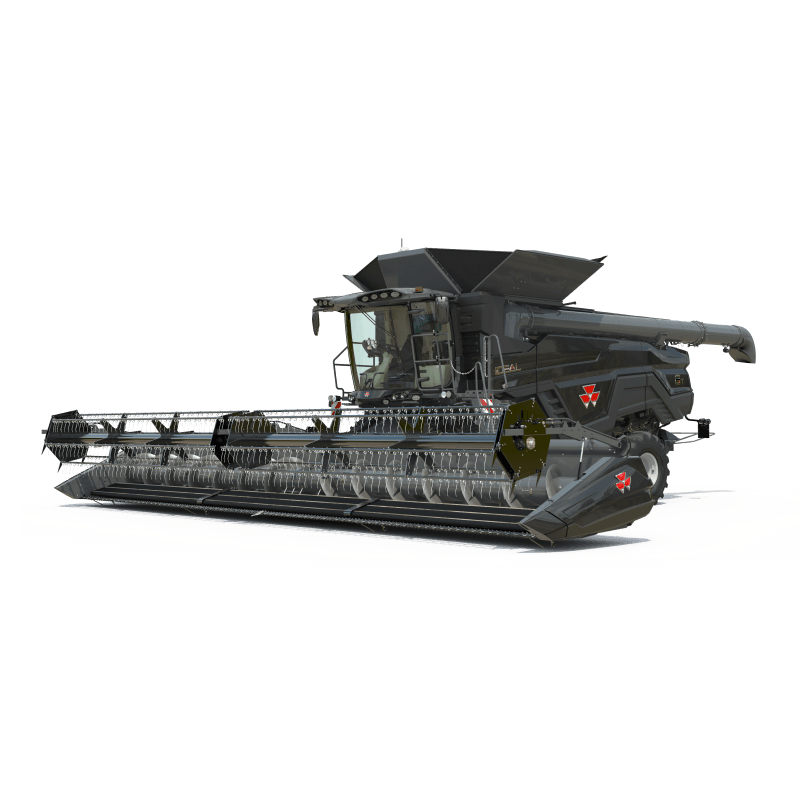



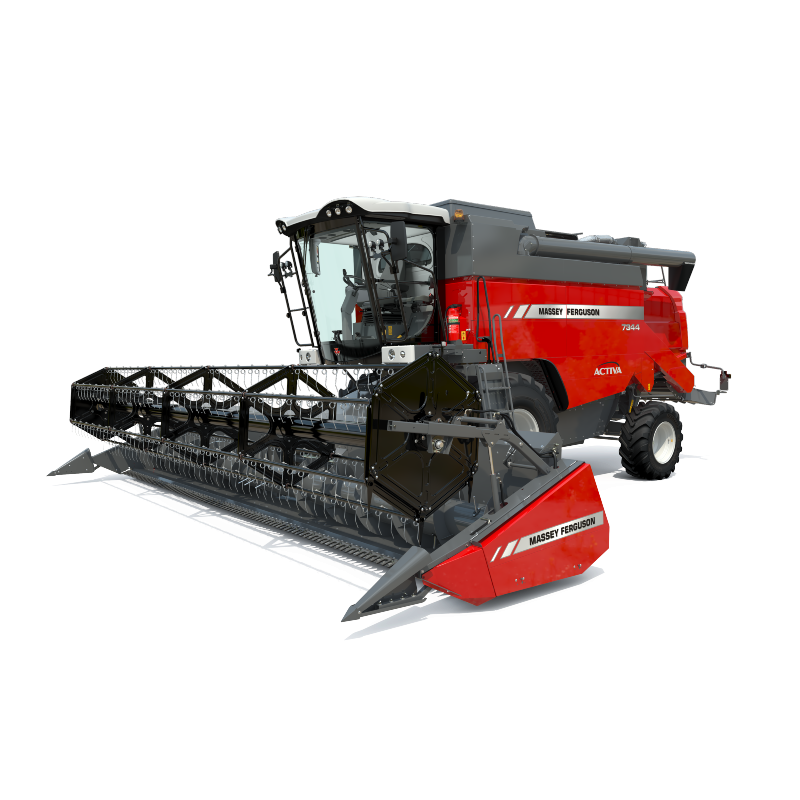

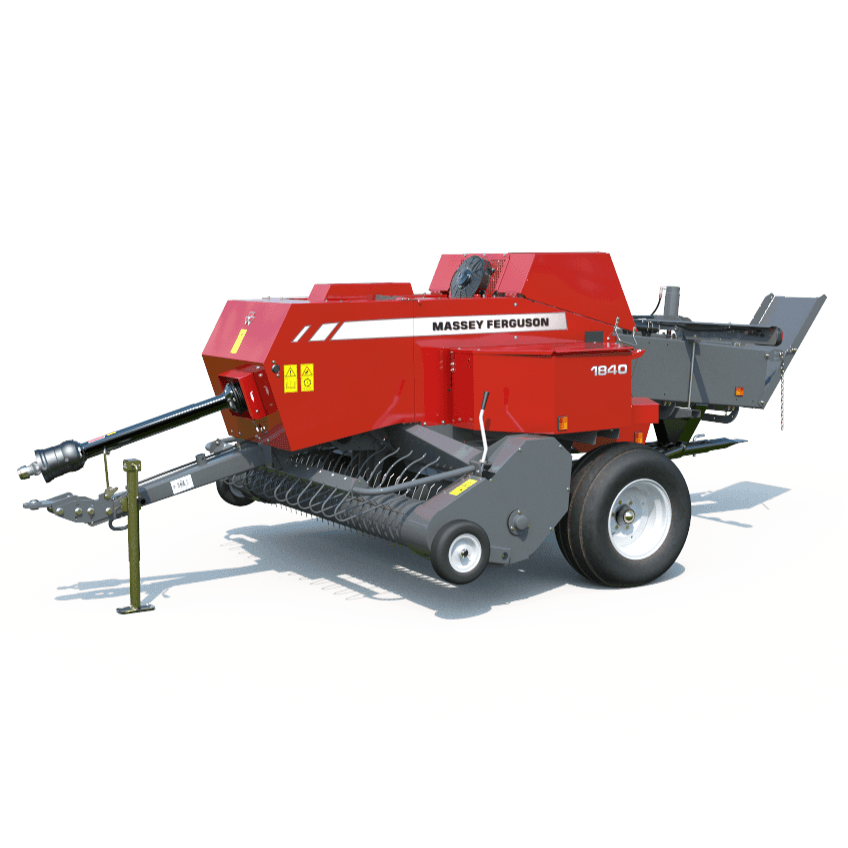
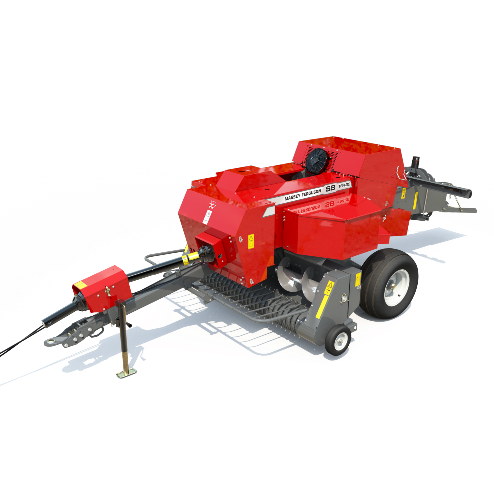

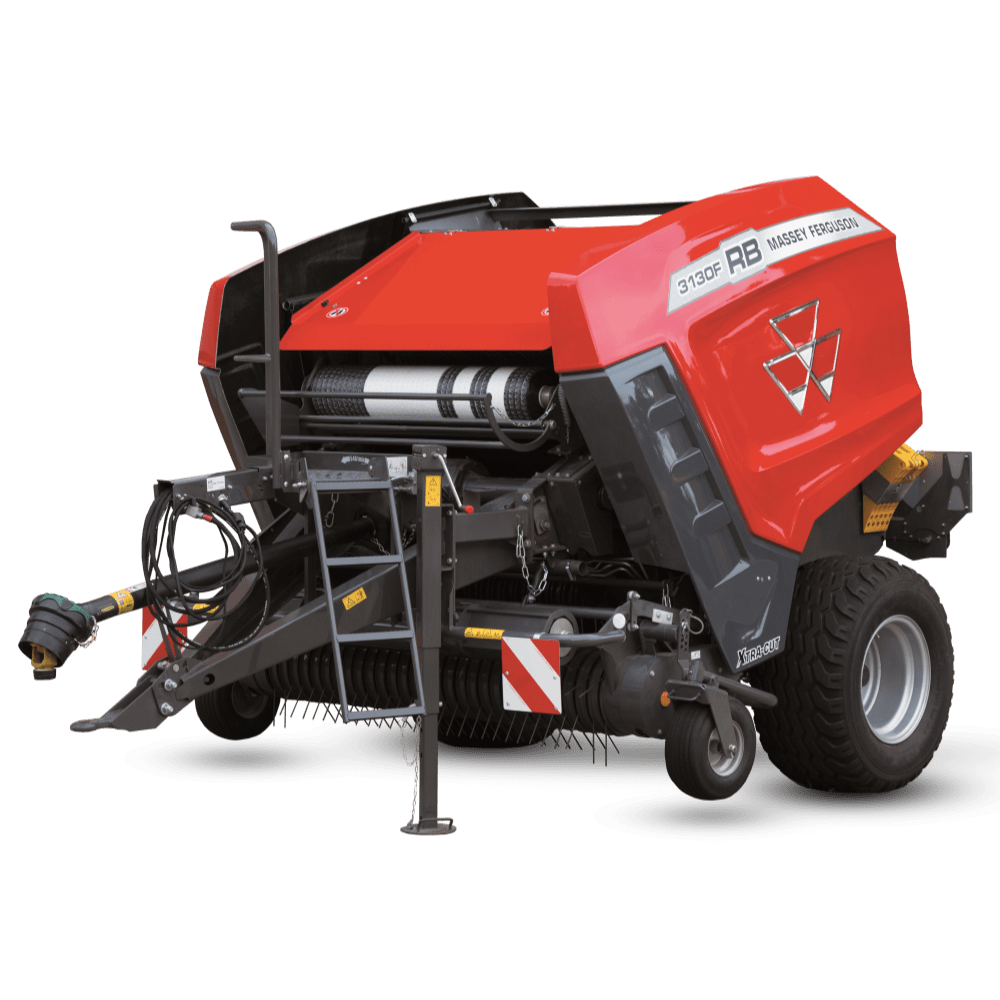

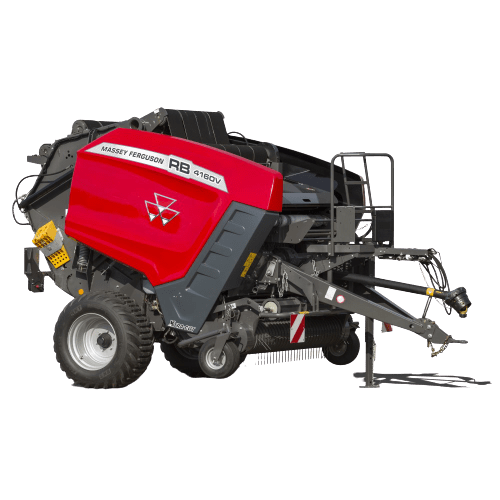



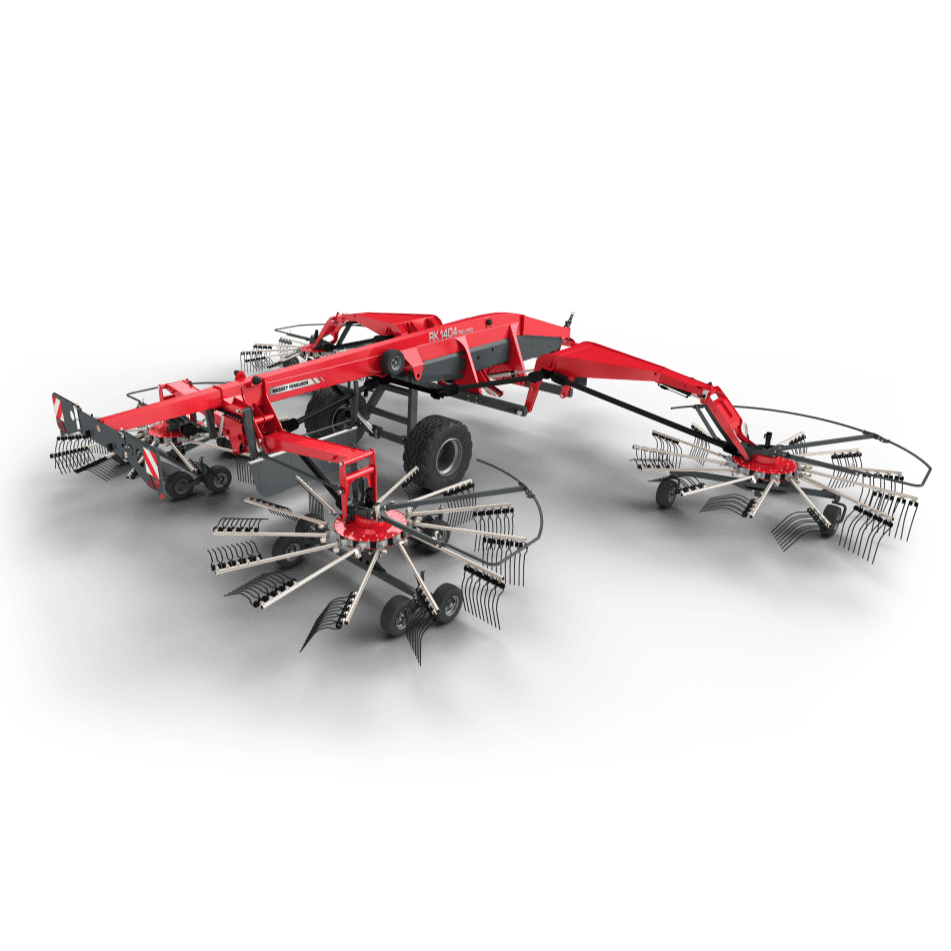
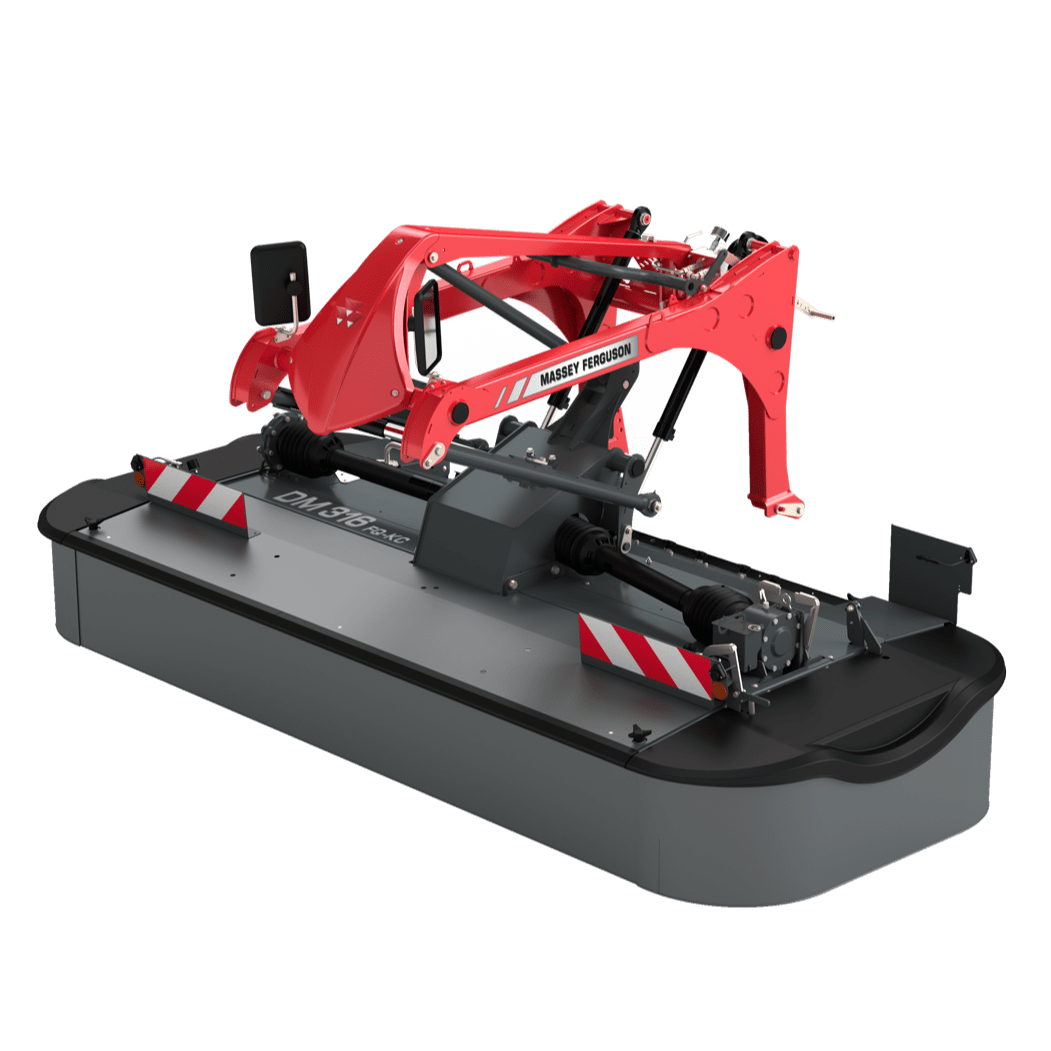
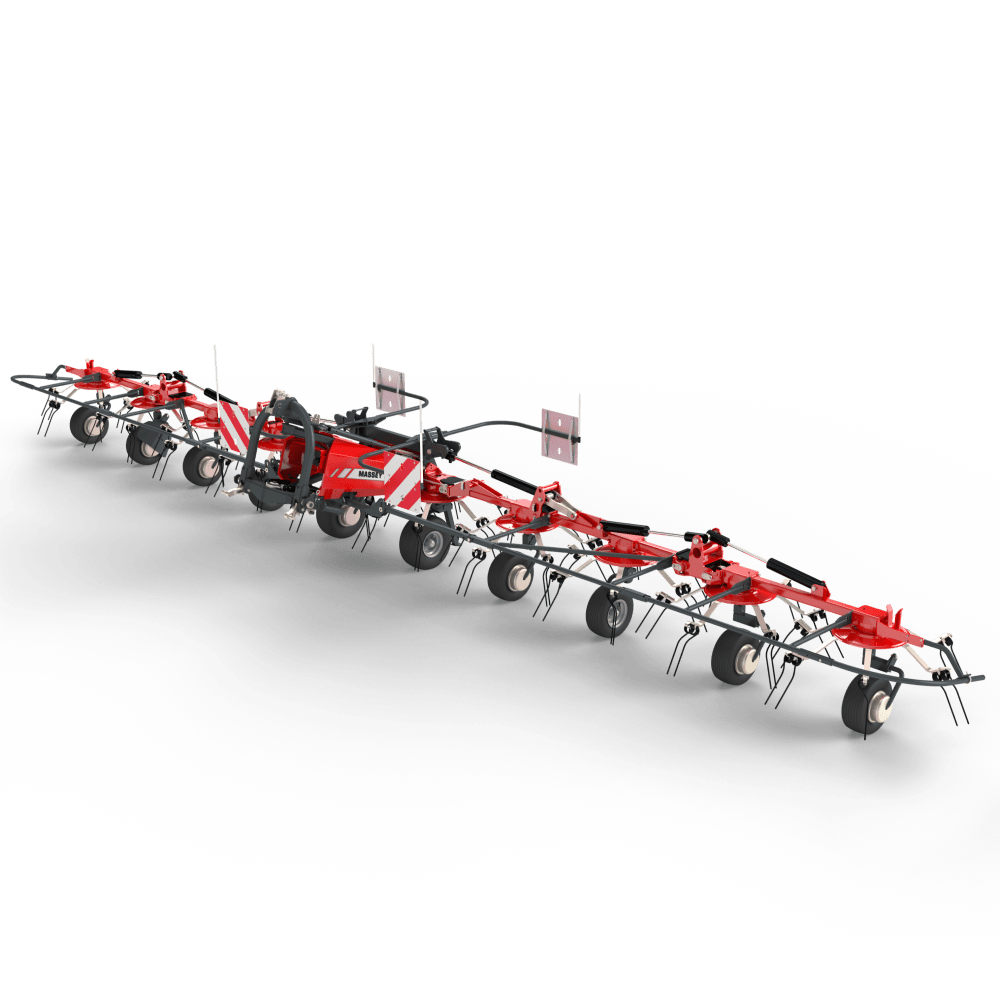




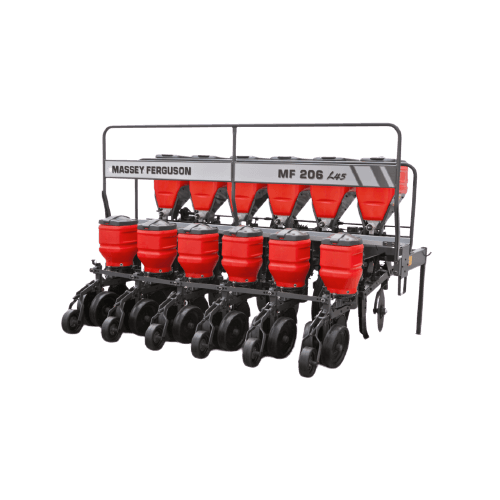
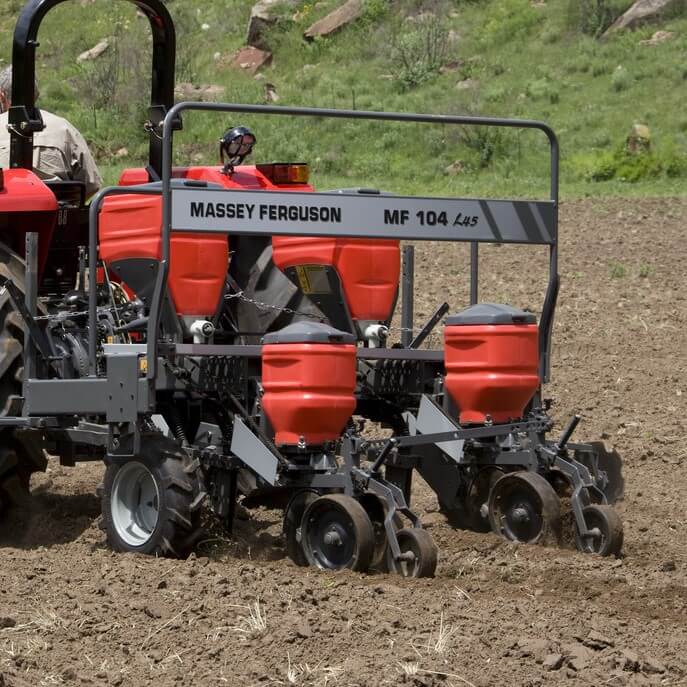
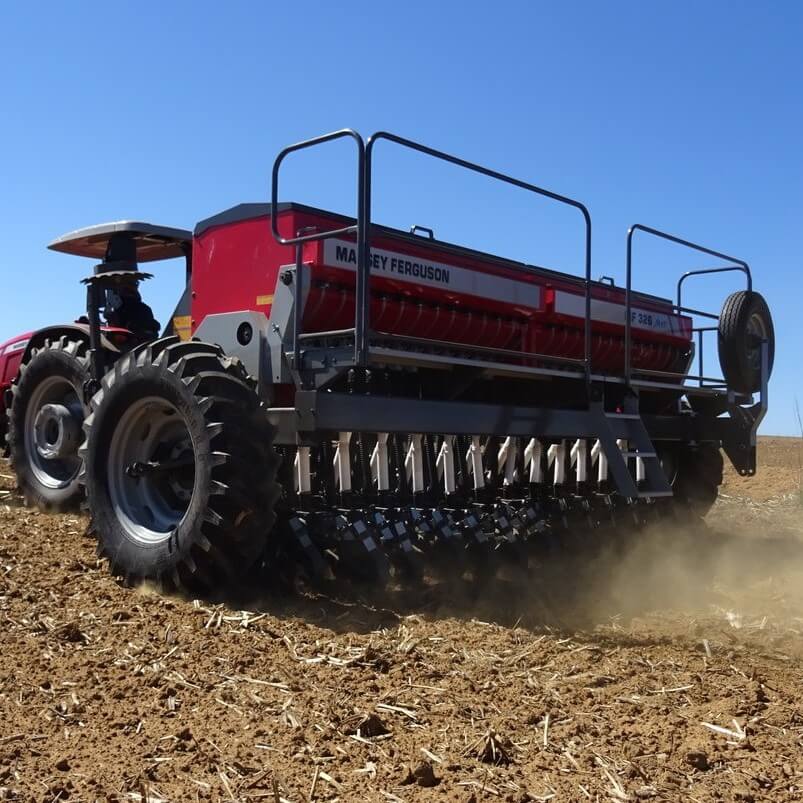
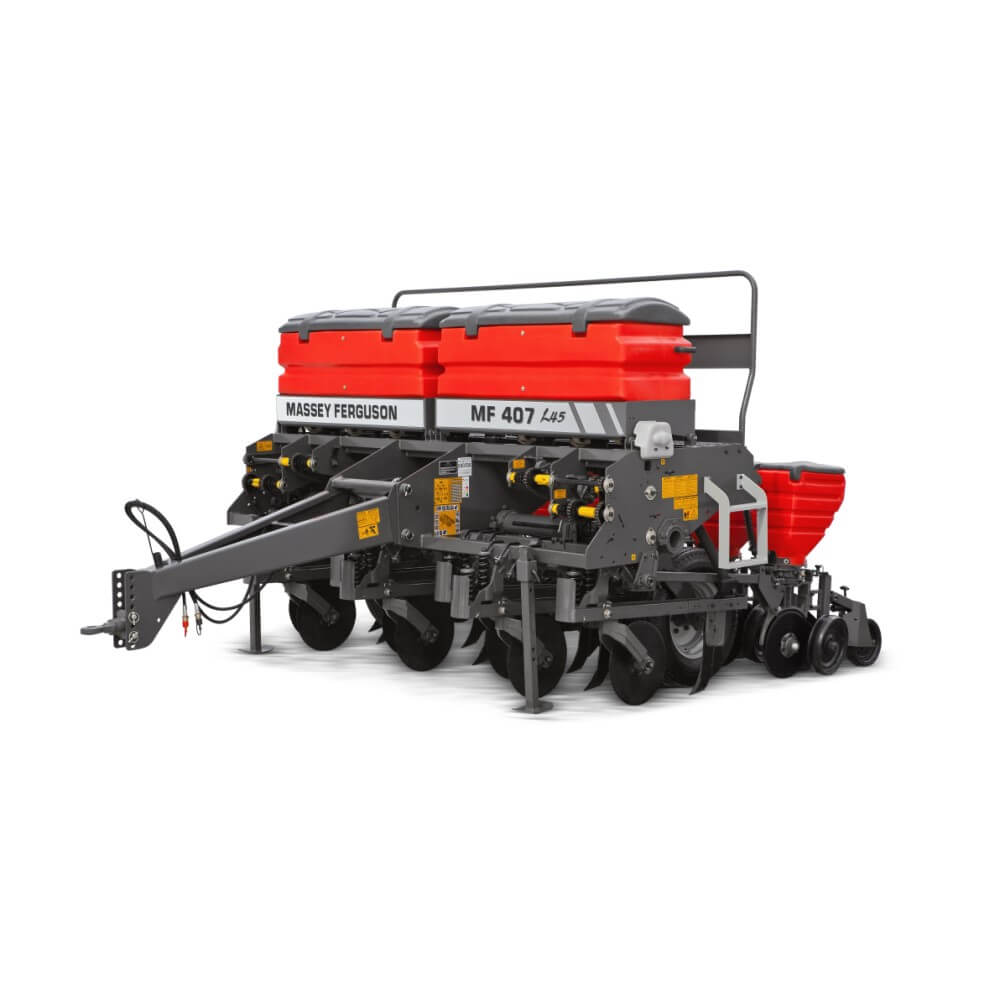
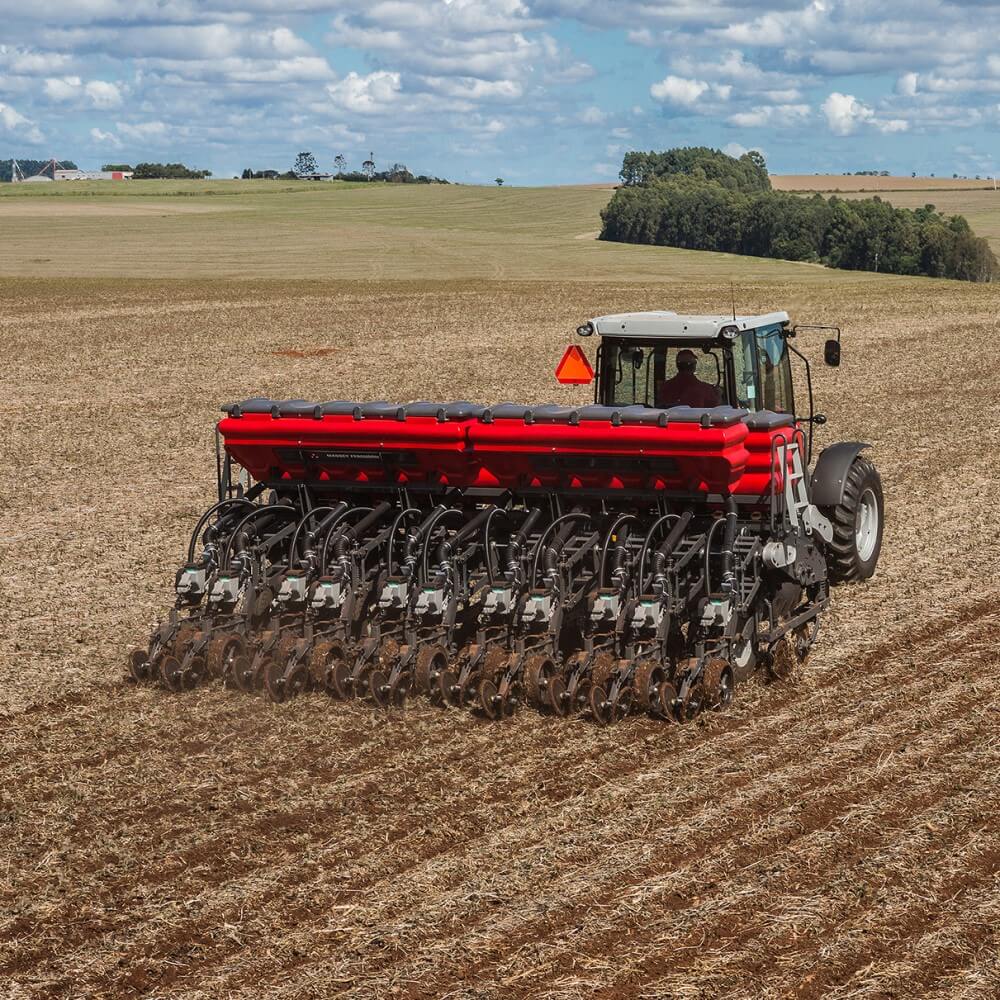
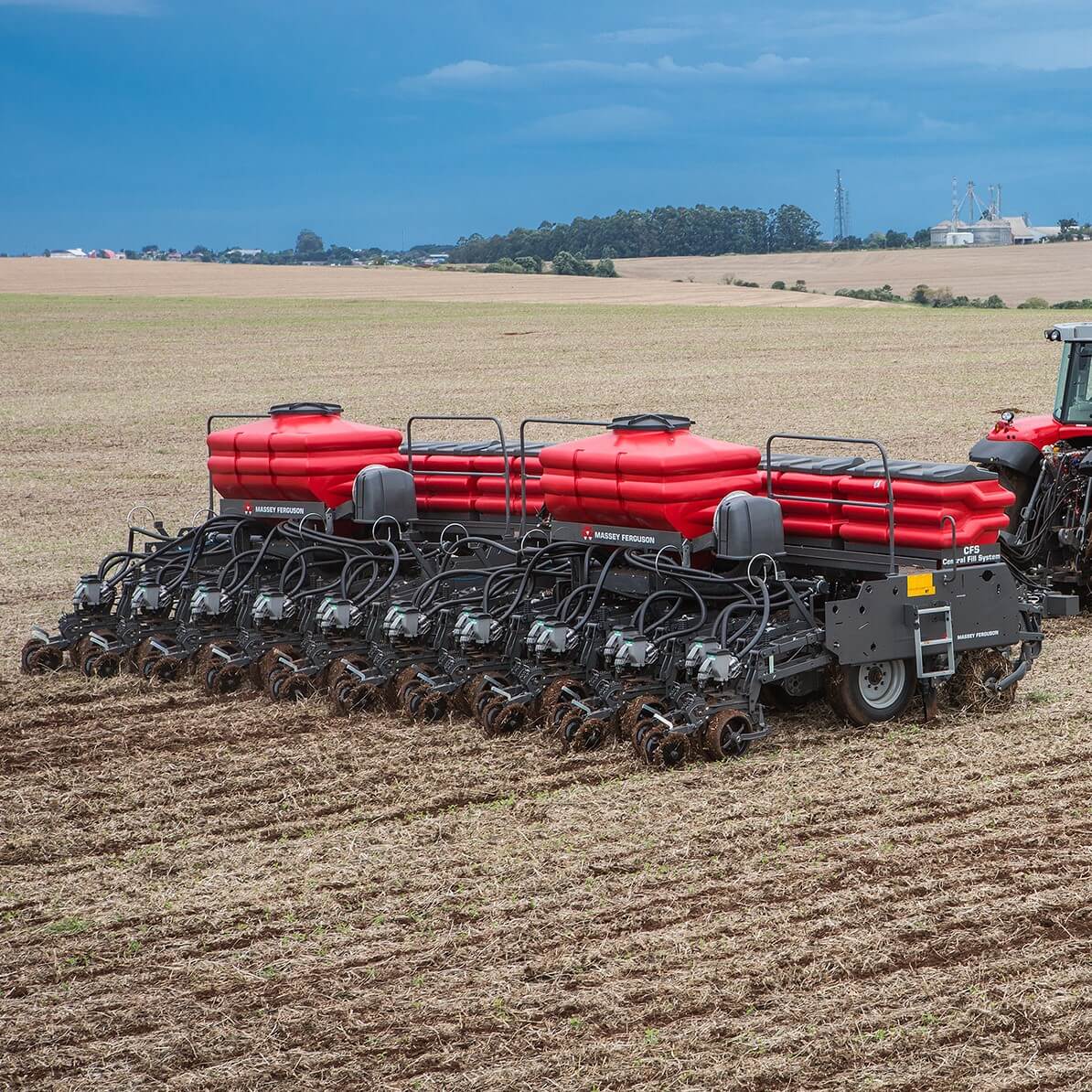
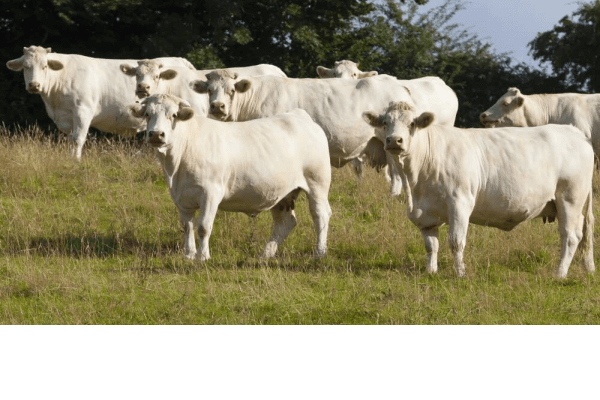



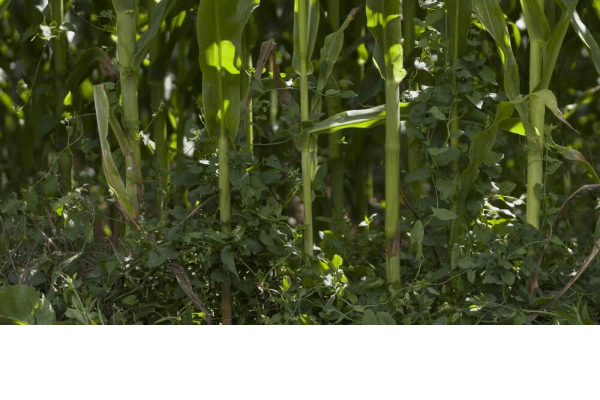
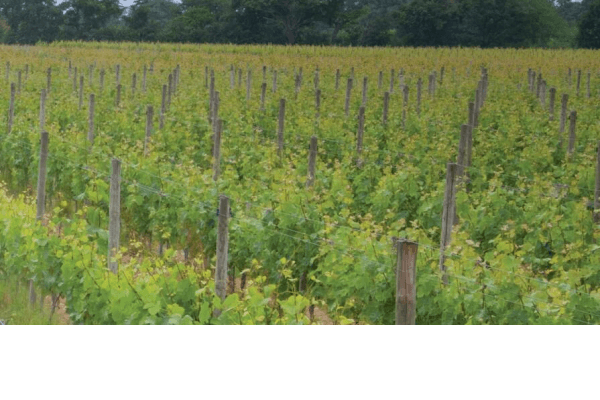
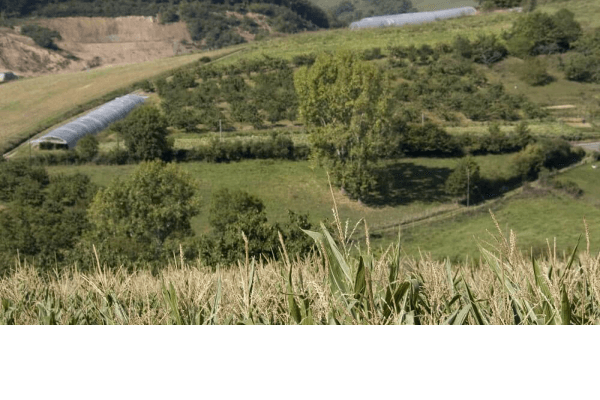
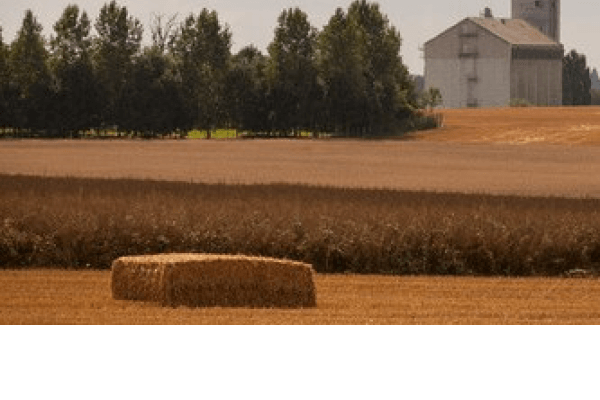

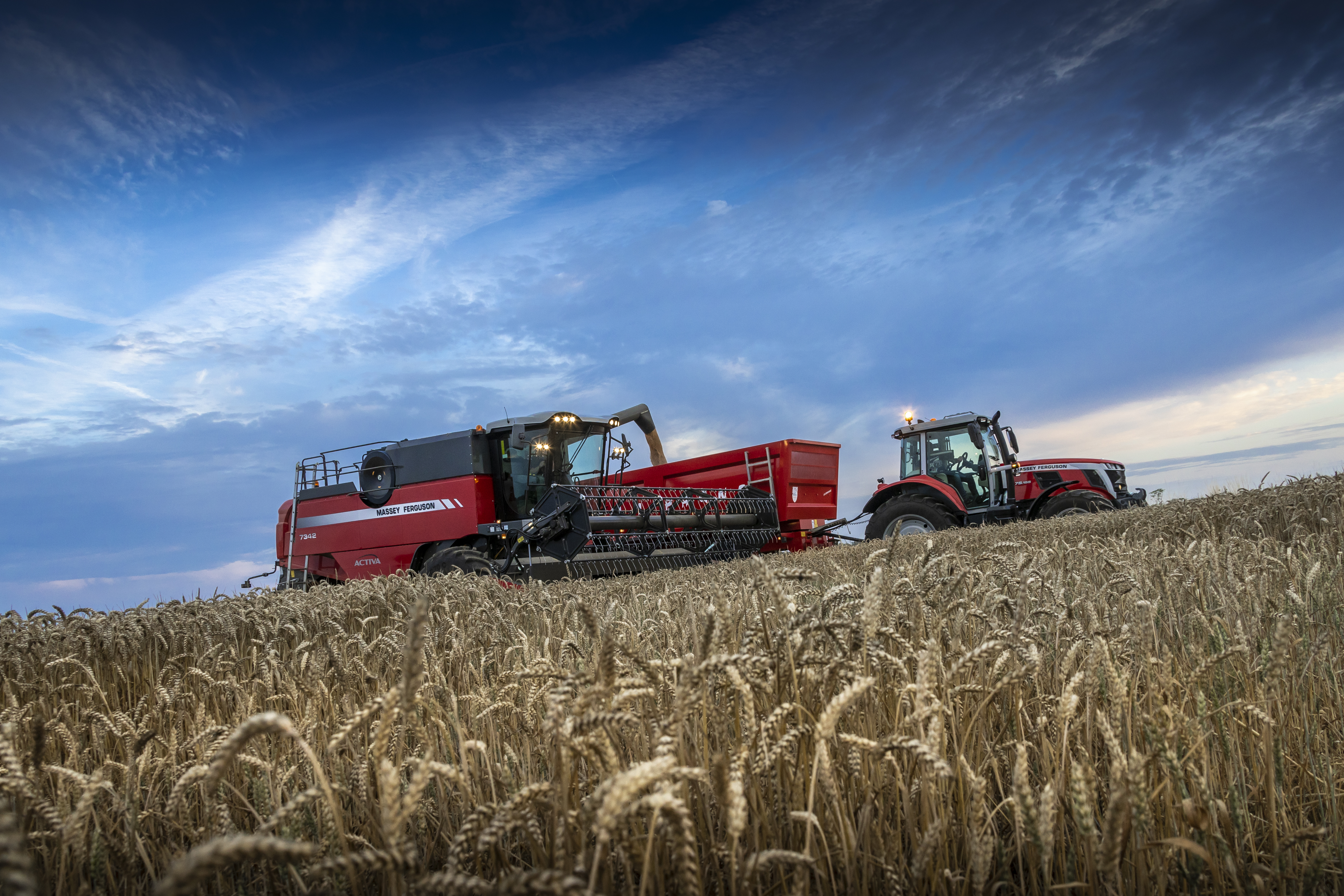
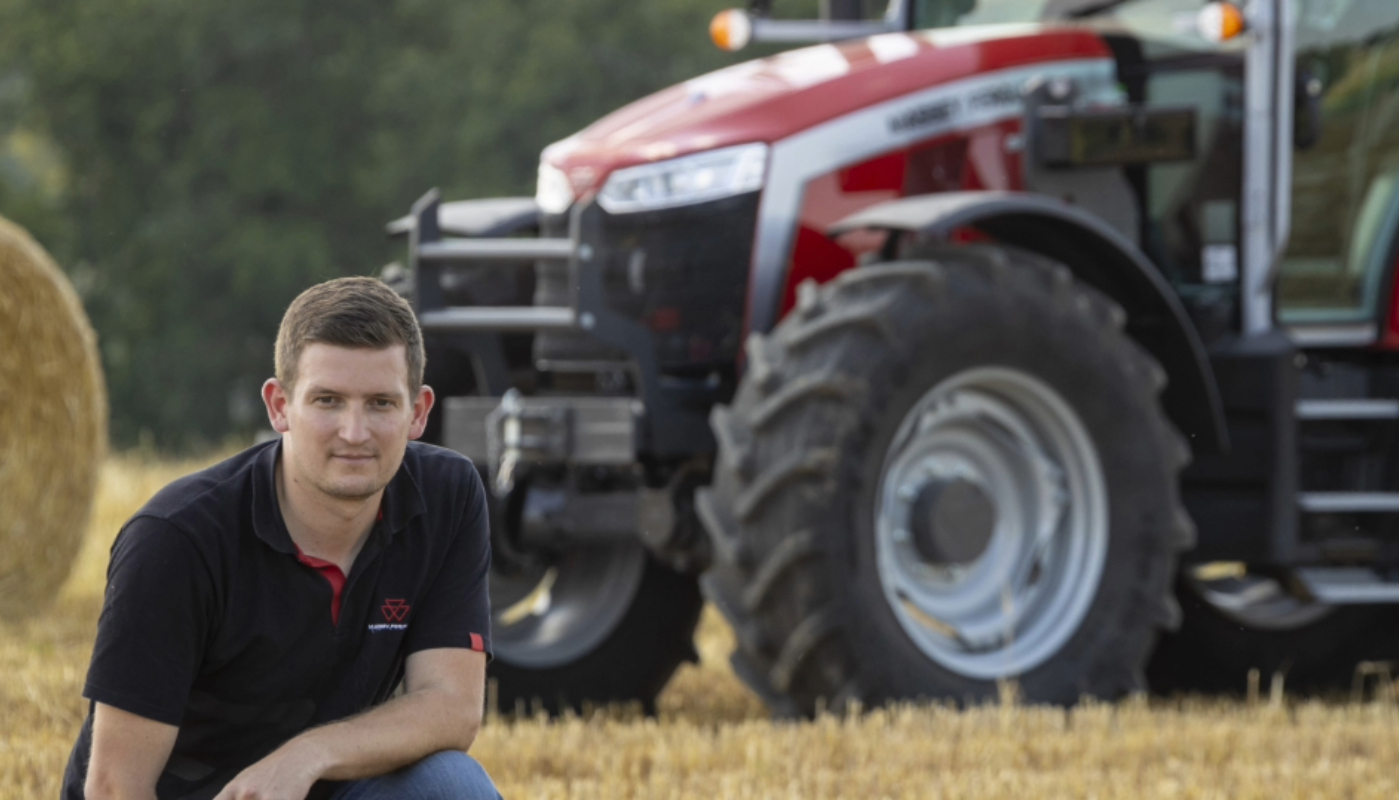

Share